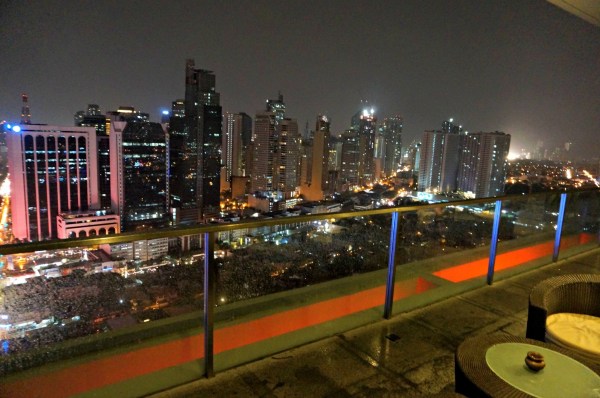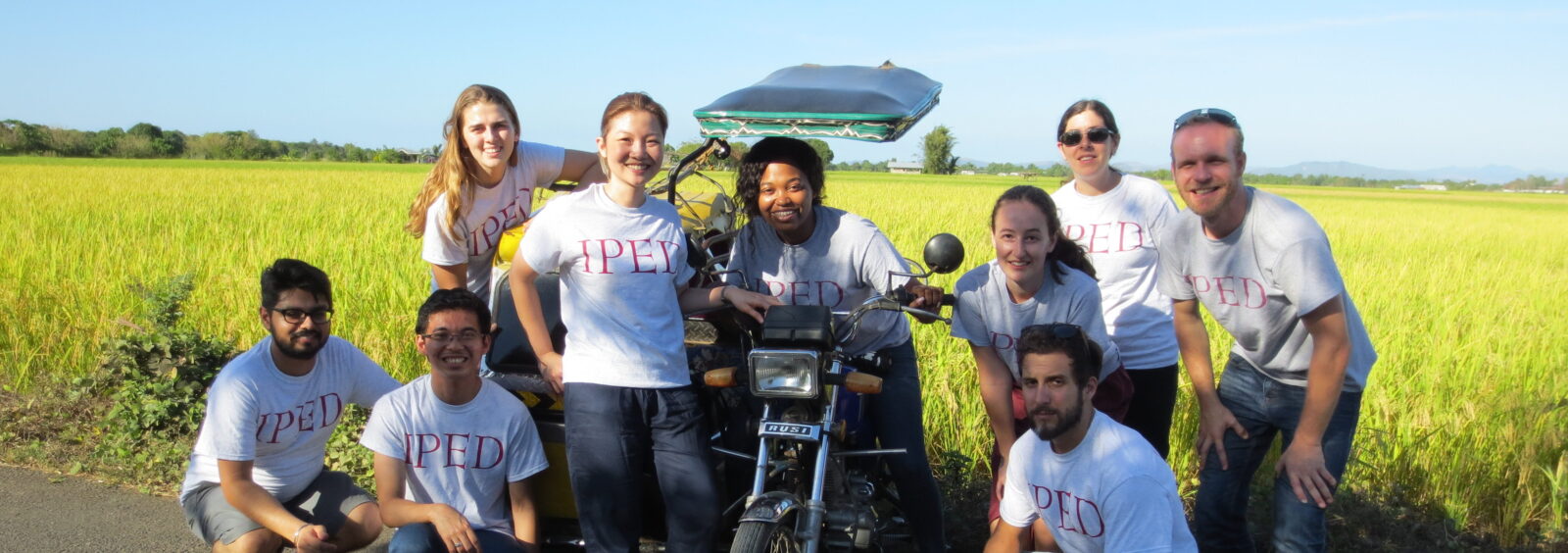
by: Patrick Fernandez ’20
Eight IPED graduate students and one IPE undergraduate student went to the Philippines over the winter break to take the annual program on Project Assessment. The program included an extensive coursework and a field immersion experience. The students were hosted by the Ateneo de Manila University where they stayed for lodging, and where all classes were held. The program was led by Prof. Henry Schwalbenberg, Prof. Booi Themeli, and Prof. Donna Odra.
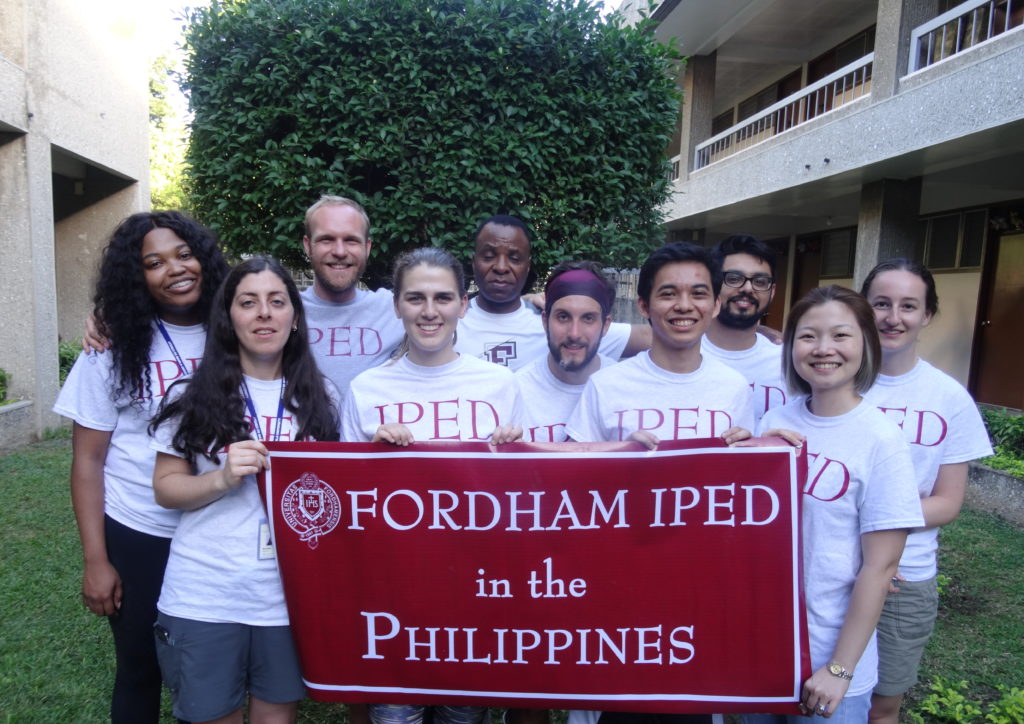
While in Manila, the students learned about the core concepts of Project Assessment such as Randomized Control Trials, Propensity Score Matching, Double Differences, and Descriptive Assessments. Also, as preparation for the field immersion experience, the students learned about Philippine History, Sociology, Economics and Polity from distinguished professors of the Ateneo de Manila University.
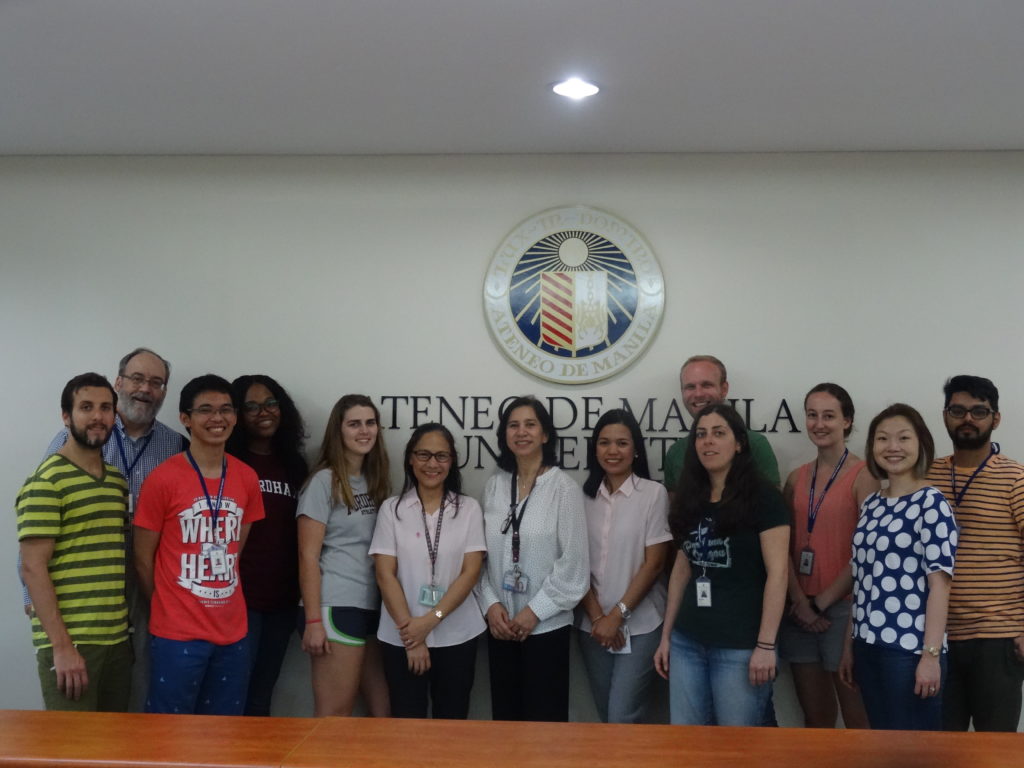
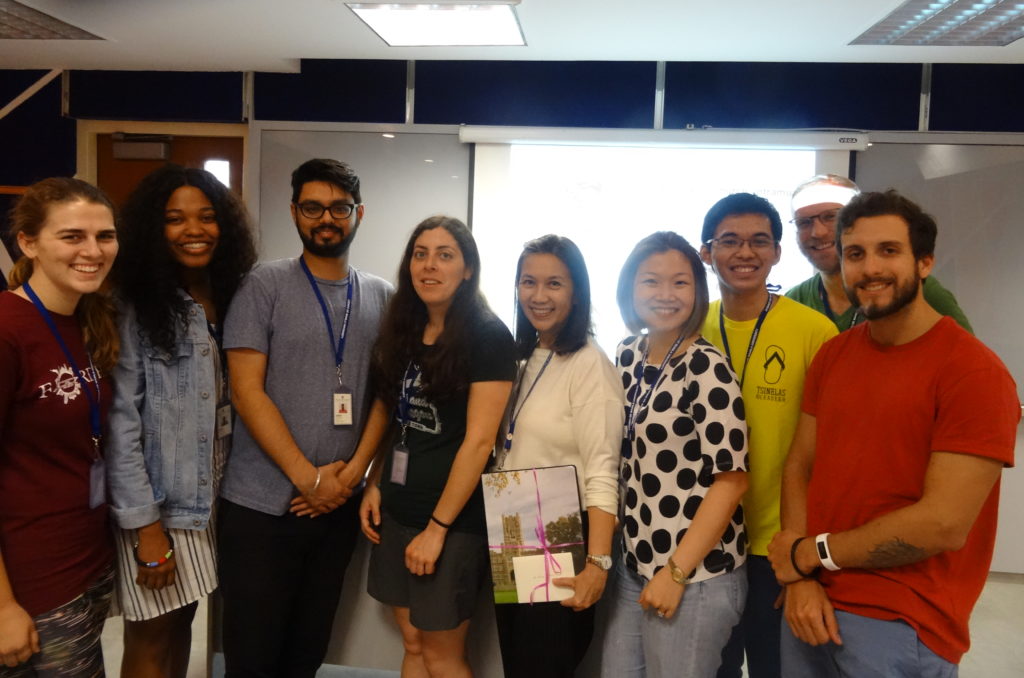
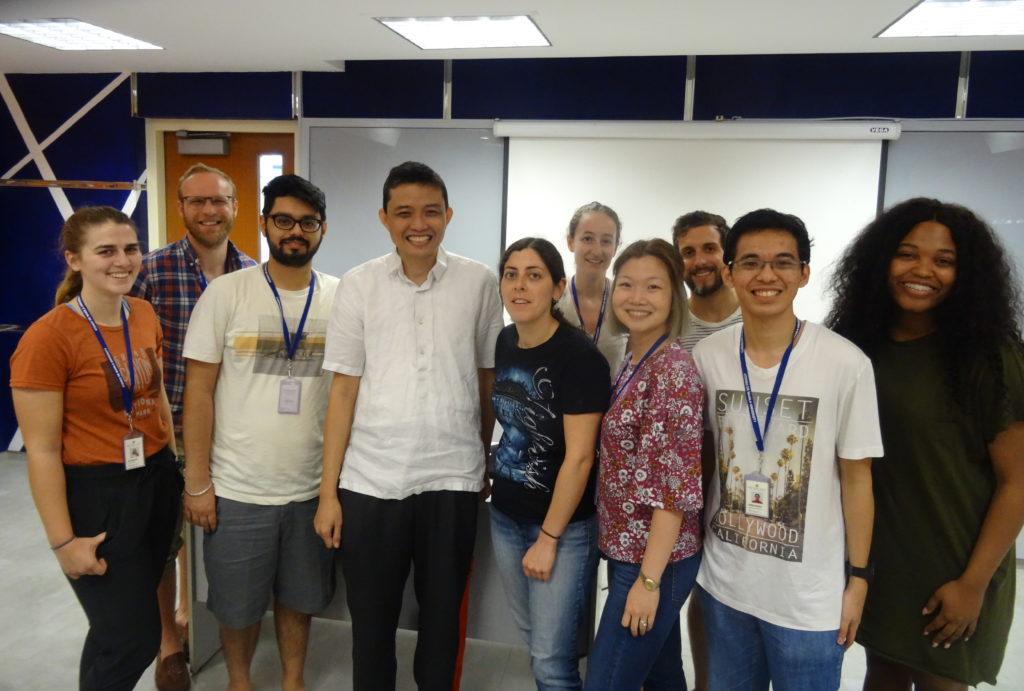
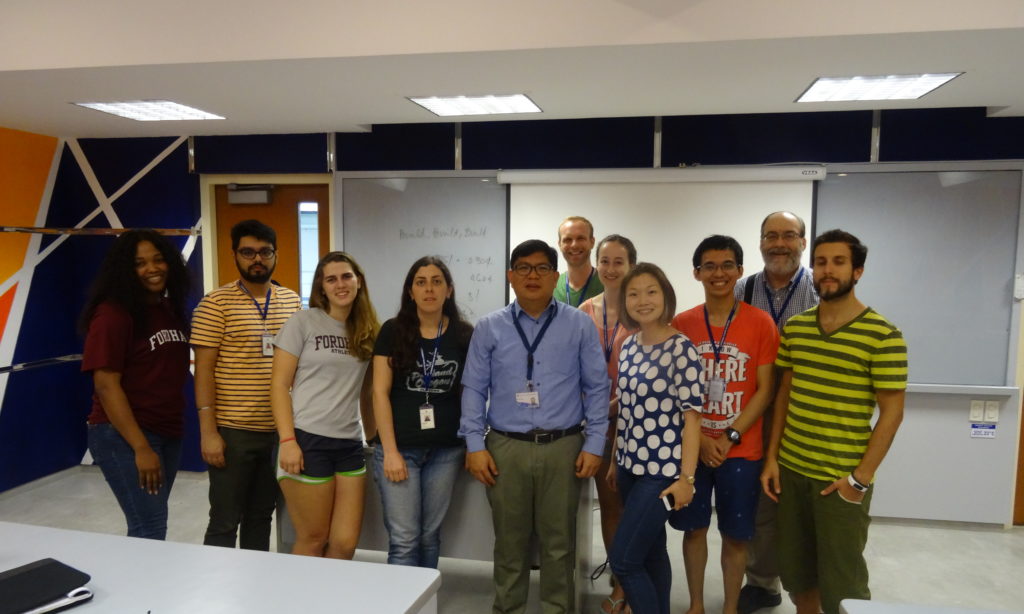
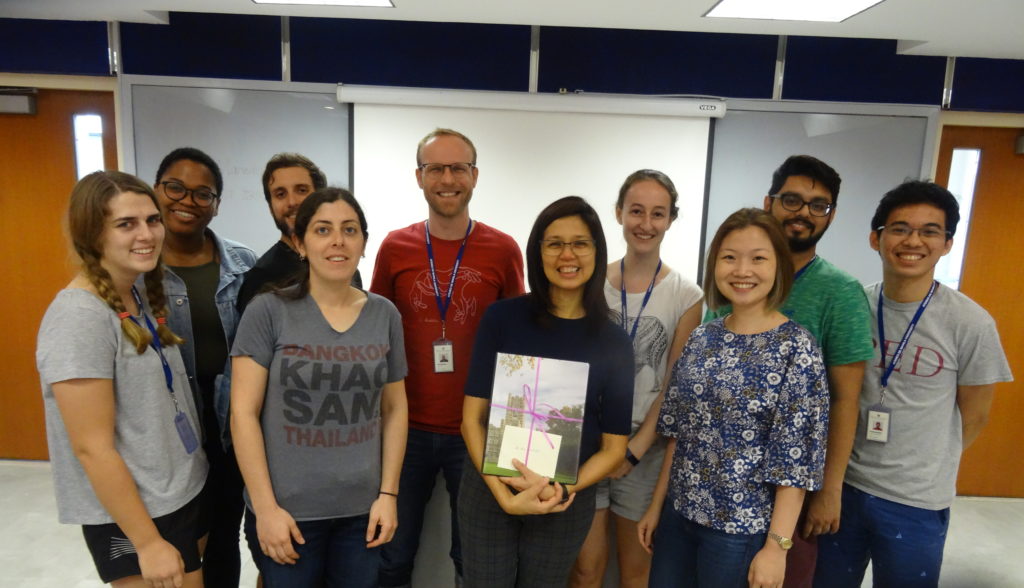
Aside from formal class work, the students also went to Corregidor Island and Intramuros which are historical sites during the American Colonial Period and the Spanish Colonial Period.
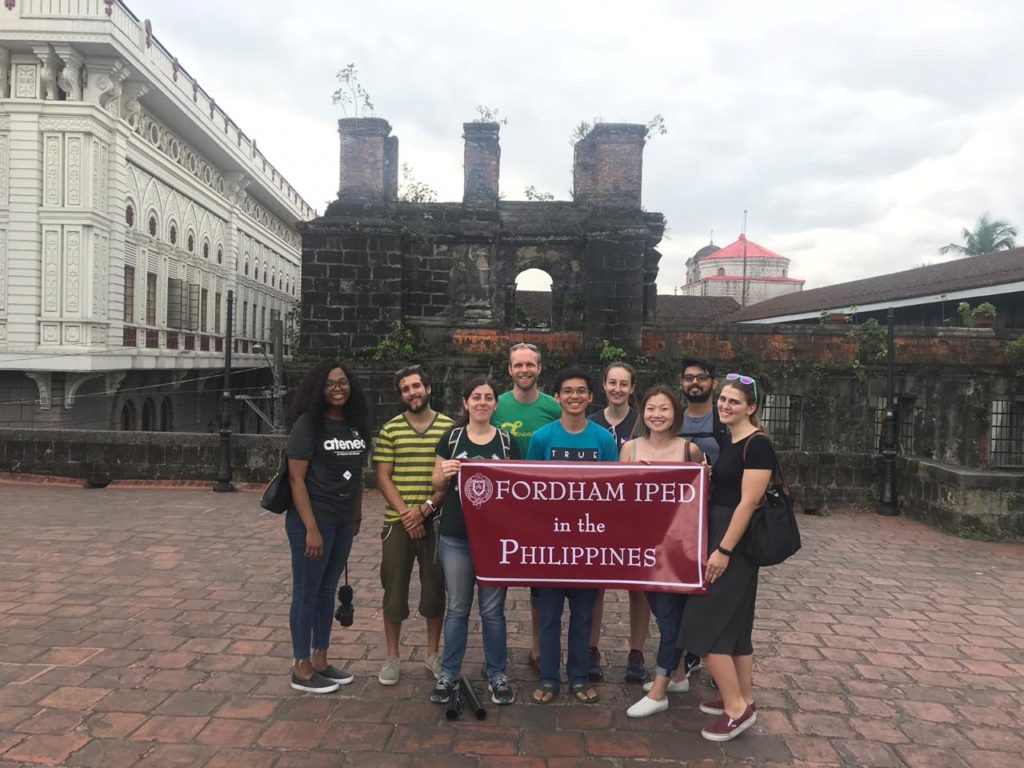
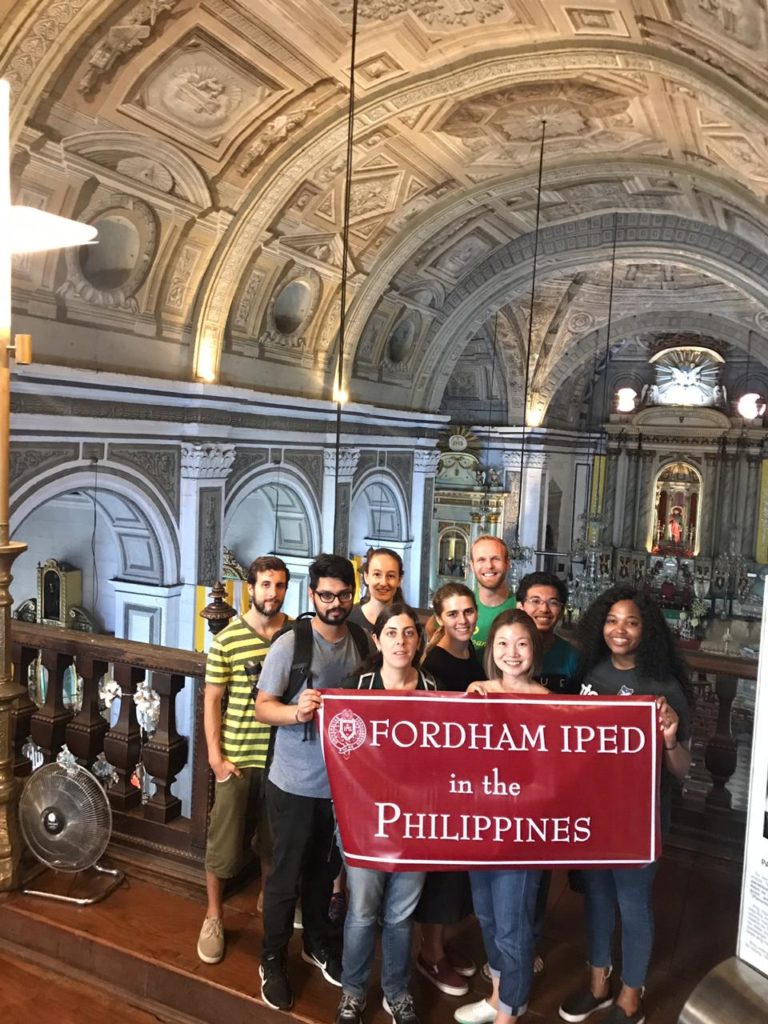
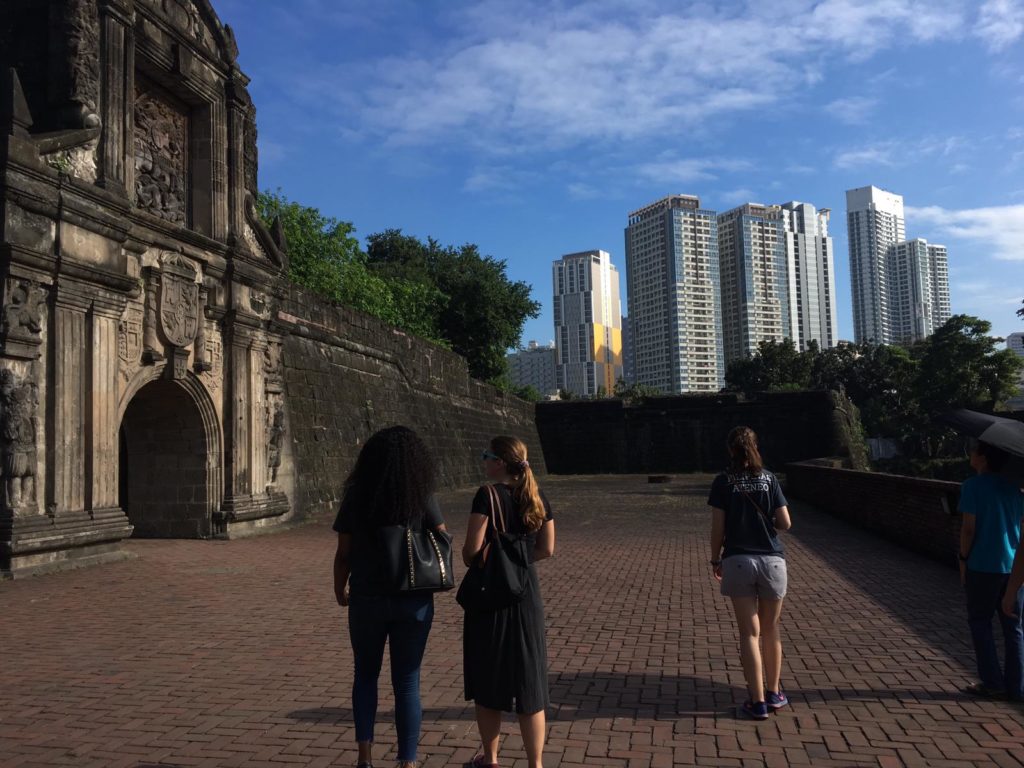
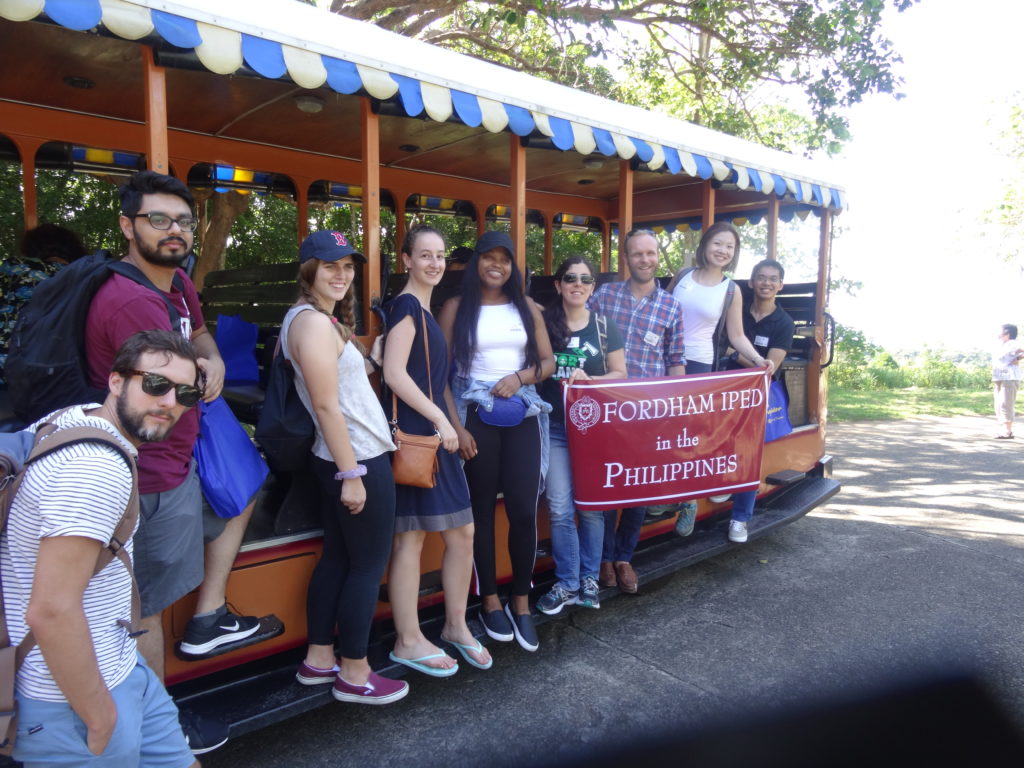
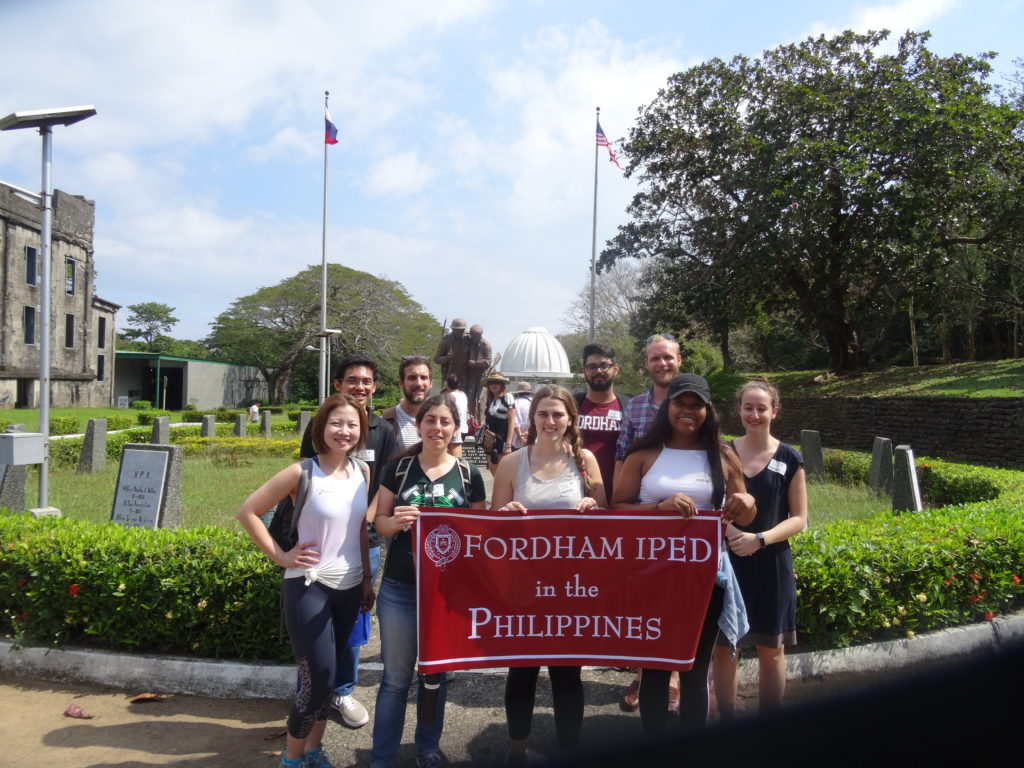
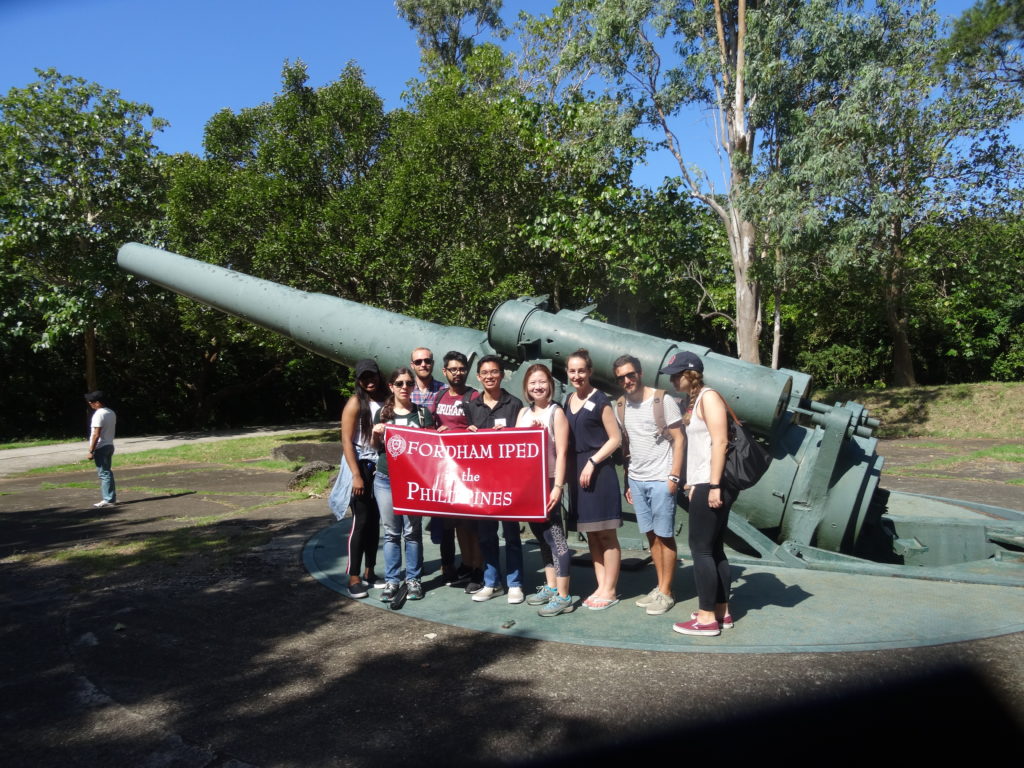
For their field immersion experience, the students went to the rural community of Sta. Cruz, Zambales for three days and two nights to assess the impact of MSK-Bayto (A Basic Ecclesial Community [BEC] of the Catholic Church in Barangay Bayto, Sta. Cruz) and their projects and initiatives. The people in Sta. Cruz are survivors of a strong Typhoon in 2015 which has greatly impacted not just their livelihoods but the direction of their lives.
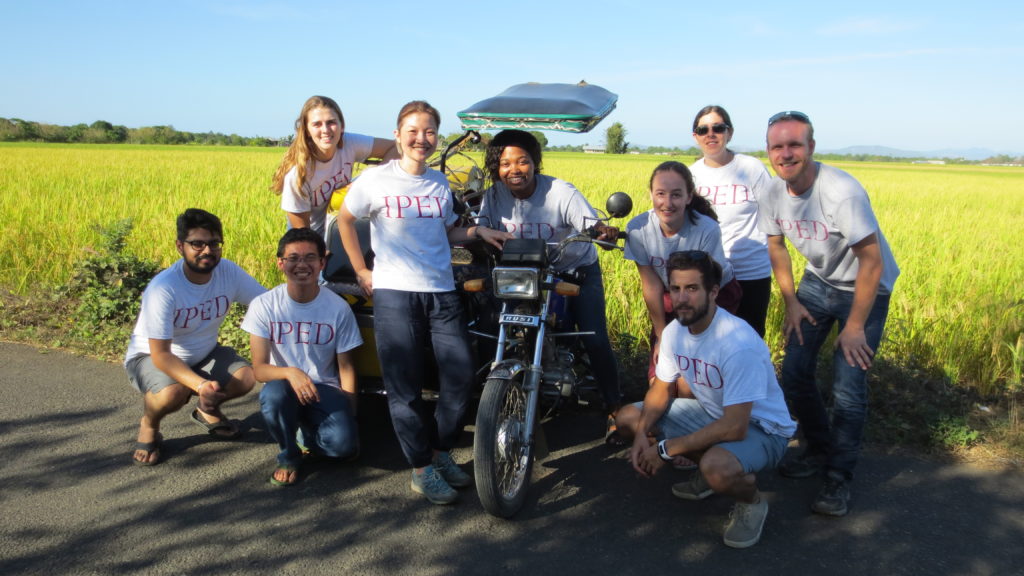
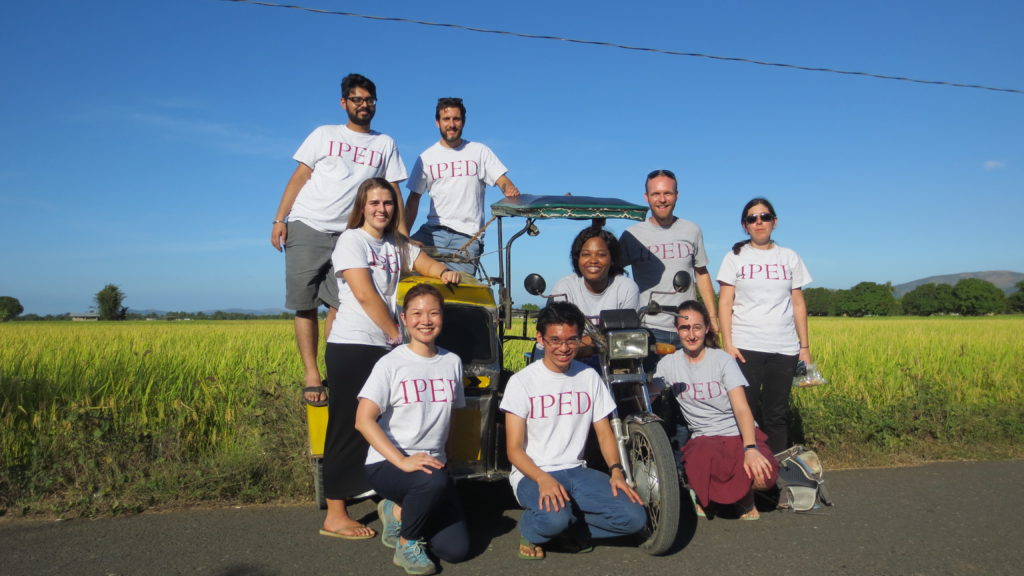
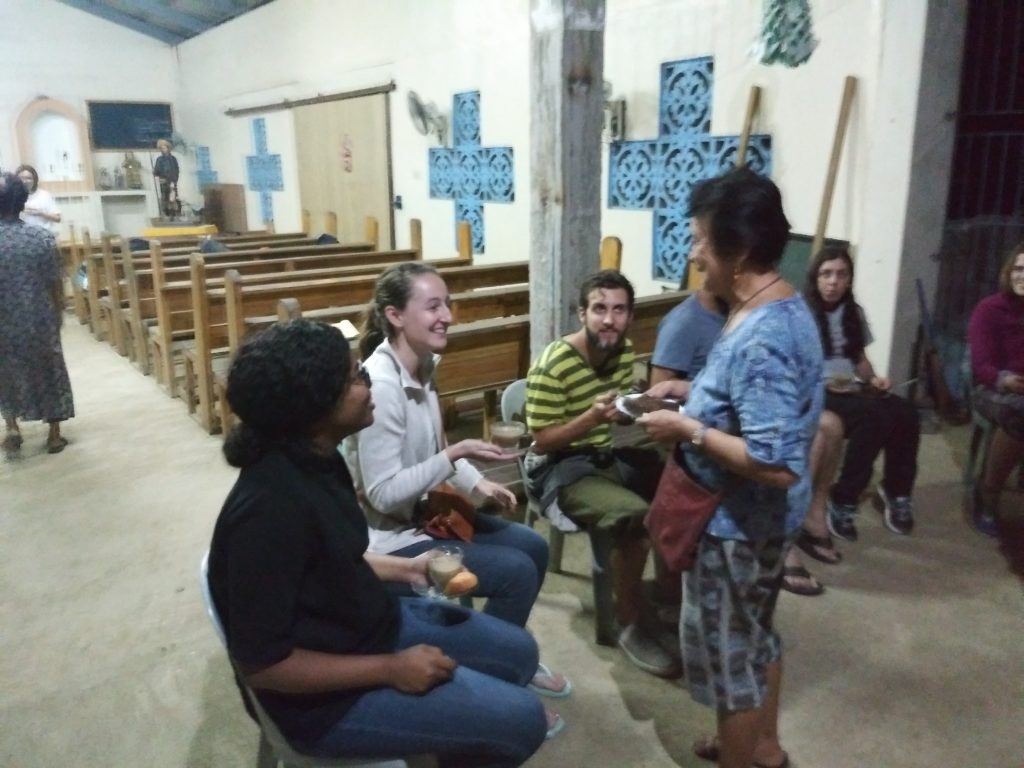
The students were divided into three groups assessing different projects and components which are: 1. The impact of the BEC as an organization to the community 2. Disaster Risk Reduction and Waste Management initiatives, and 3. FarmFirst – a sustainable agriculture livelihood program.
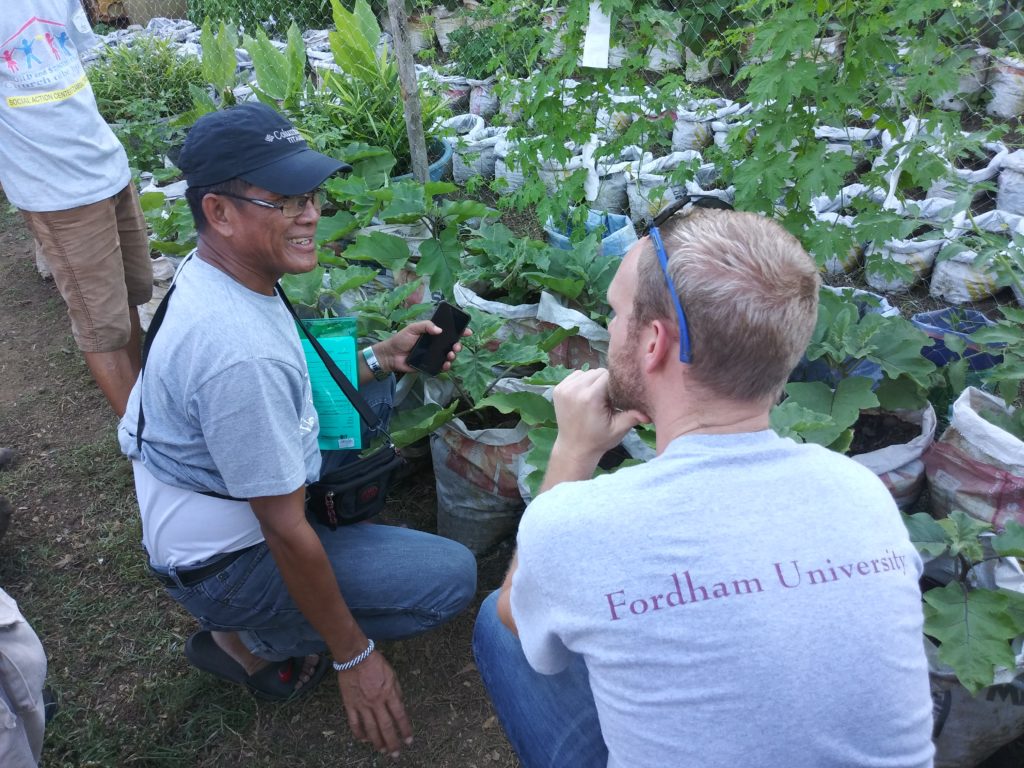
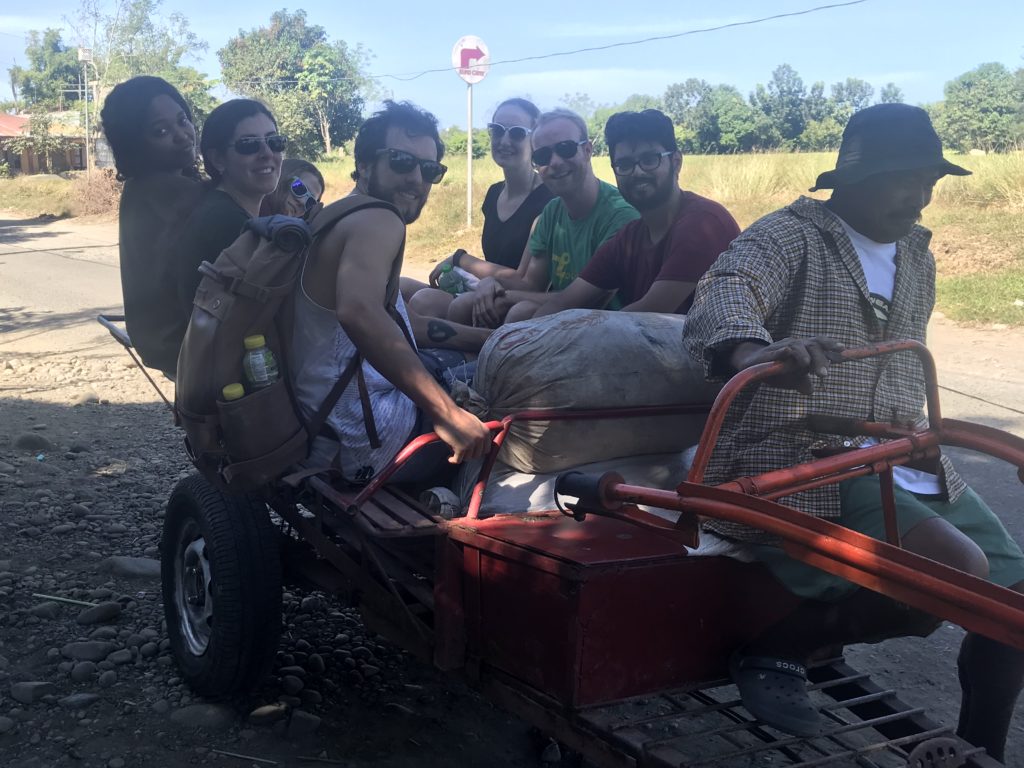
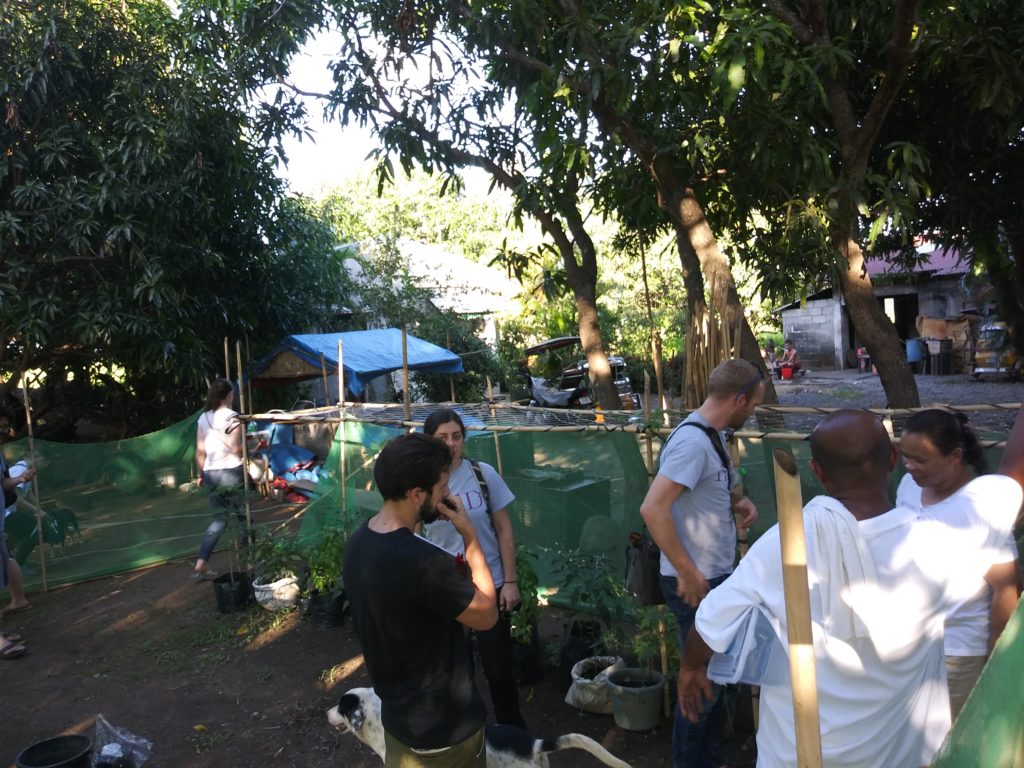
Aside from learning about project assessment in the field, the students were able to fully immerse themselves to the culture, and lives of the people.
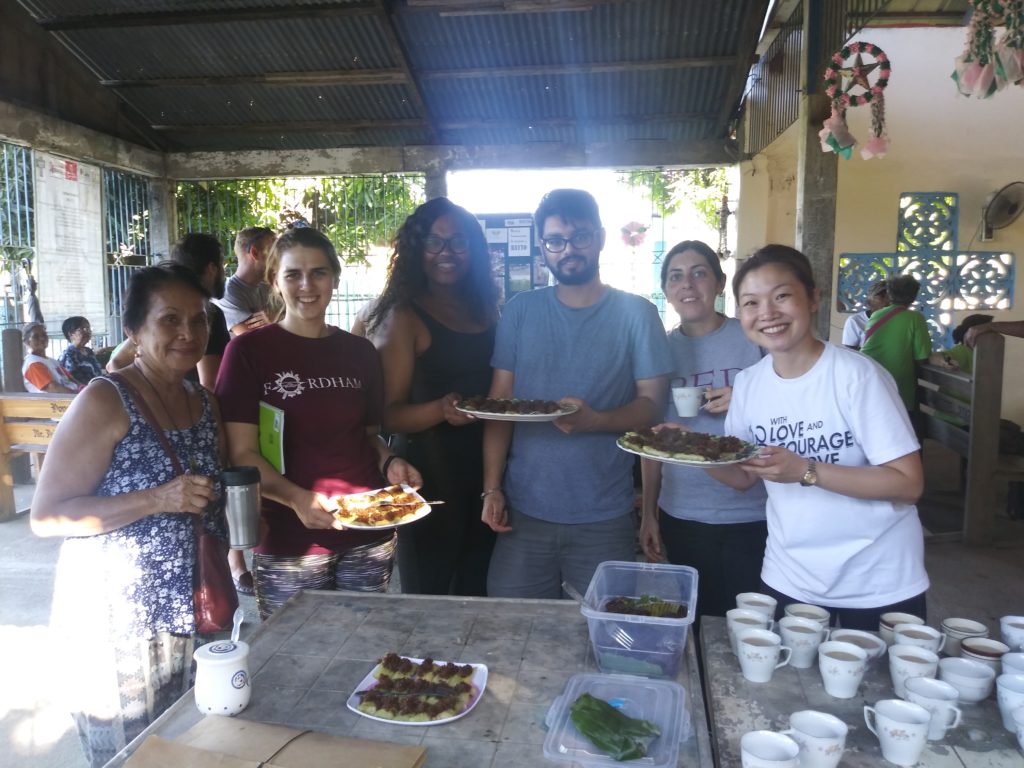
After their field immersion, the students went to the Asian Development Bank (ADB) to learn more about the bank and its projects. The students learned specifically about the different projects of the bank that tackles Climate Change. They also learned about internship and employment opportunities.
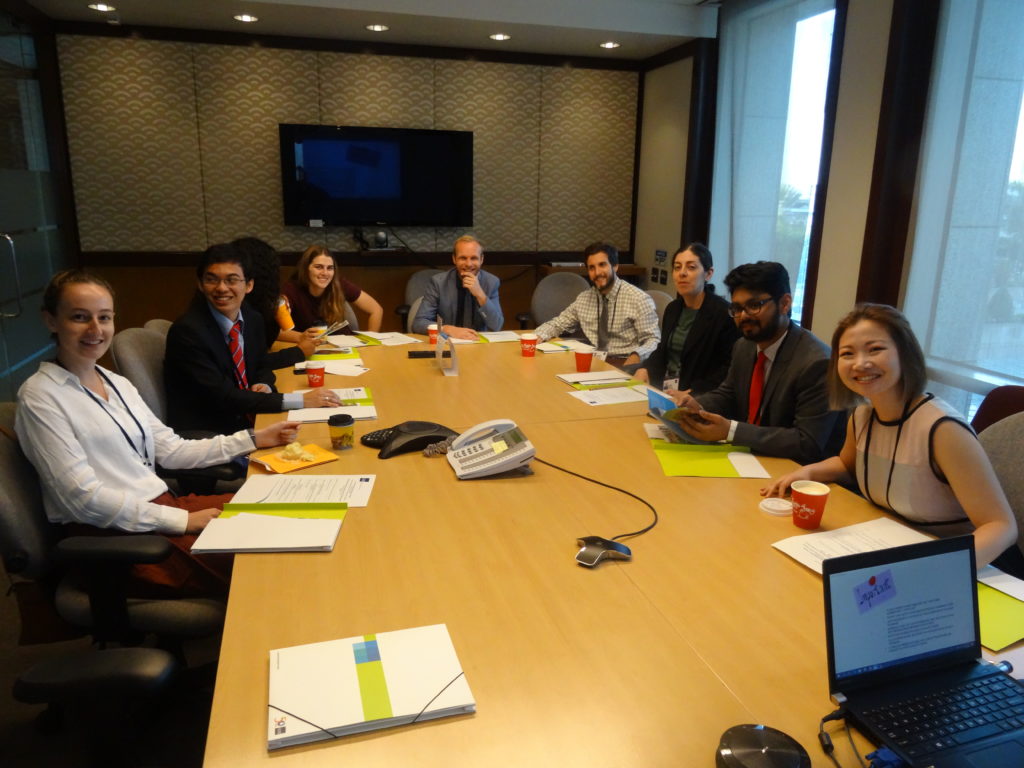
The students also had the chance to meet and have lunch with some IPED alumni who are in the Philippines.
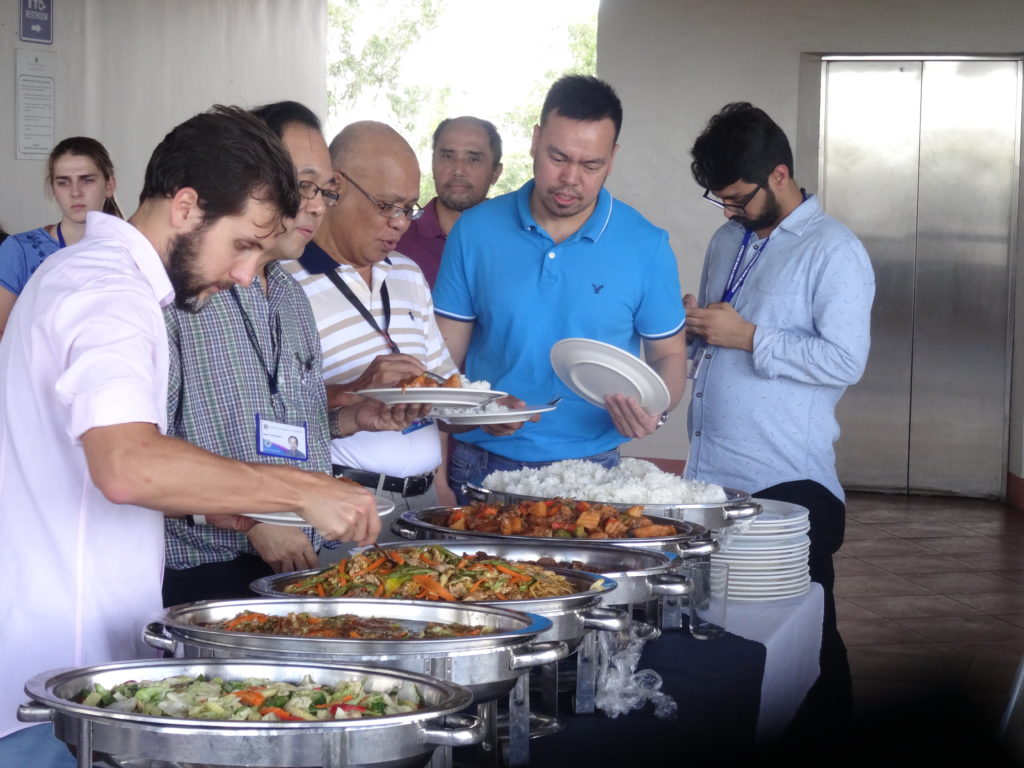
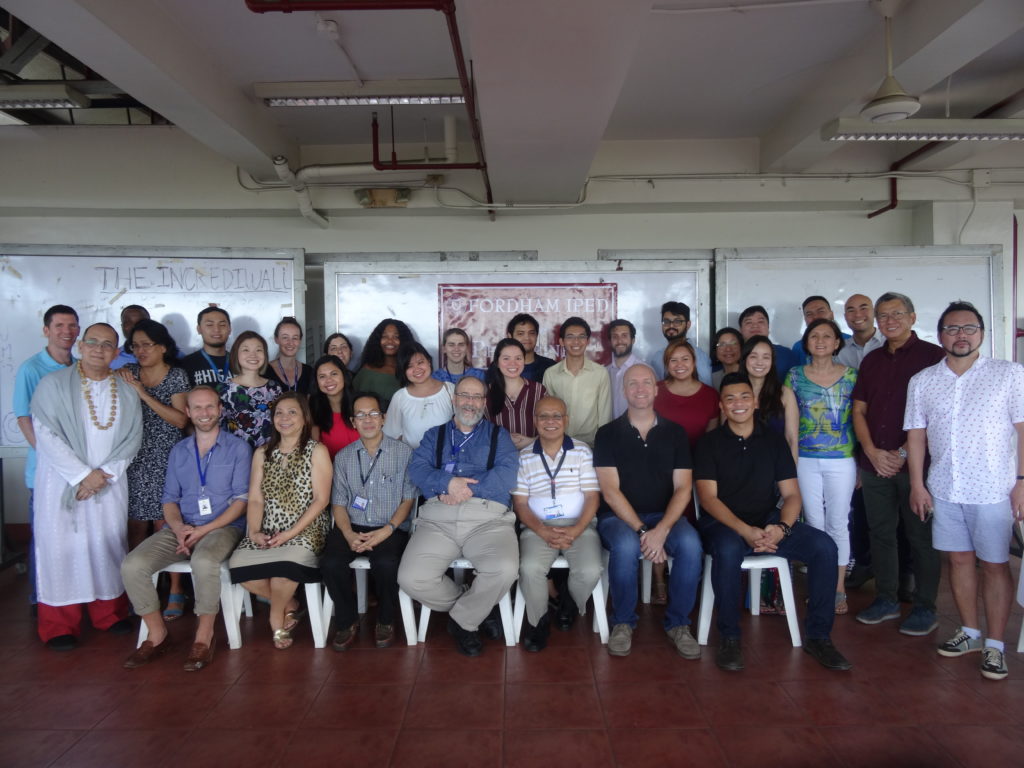
The program ended with a rooftop dinner at the City Garden Grand Hotel.
